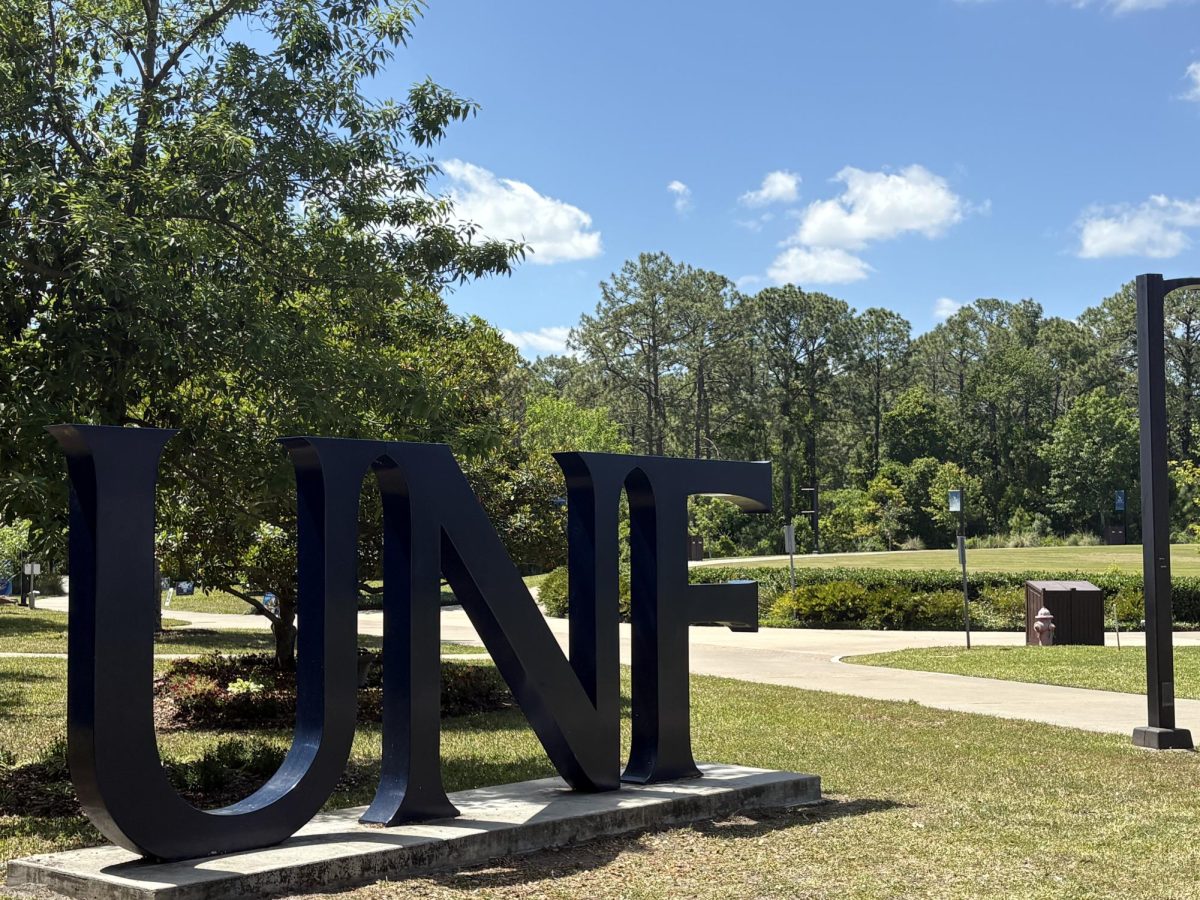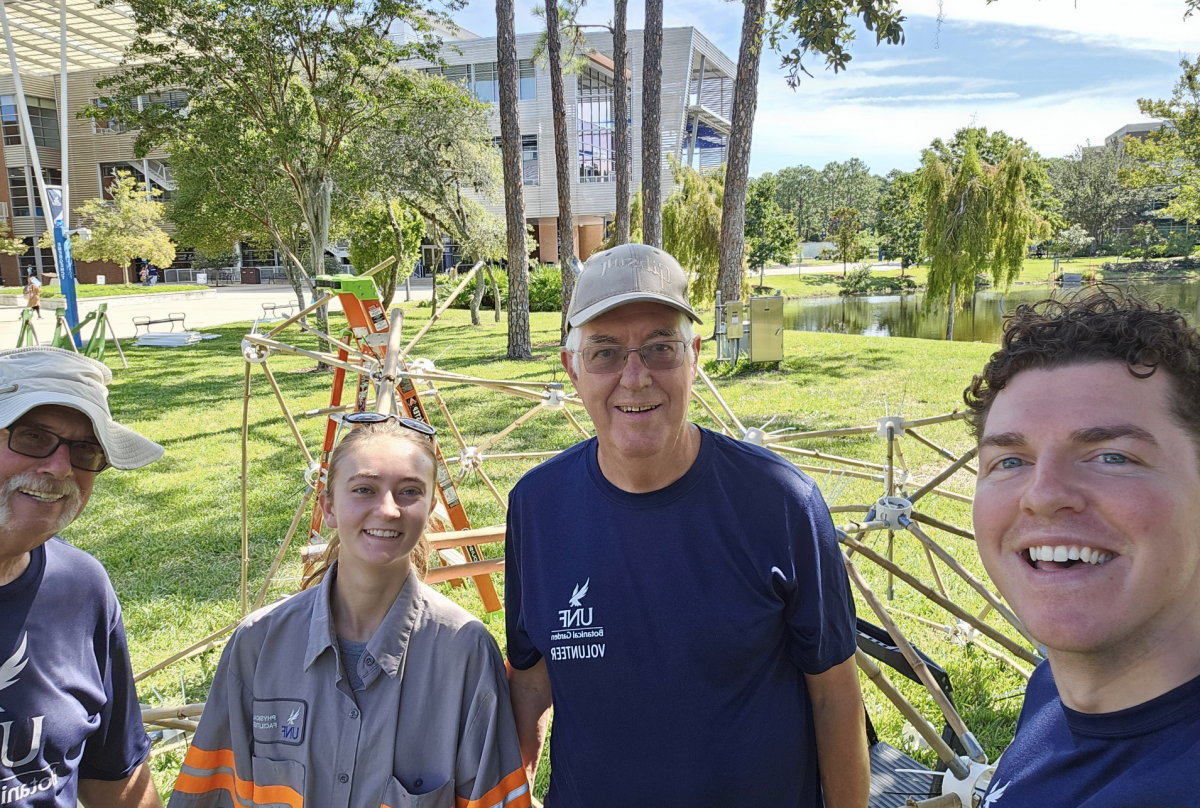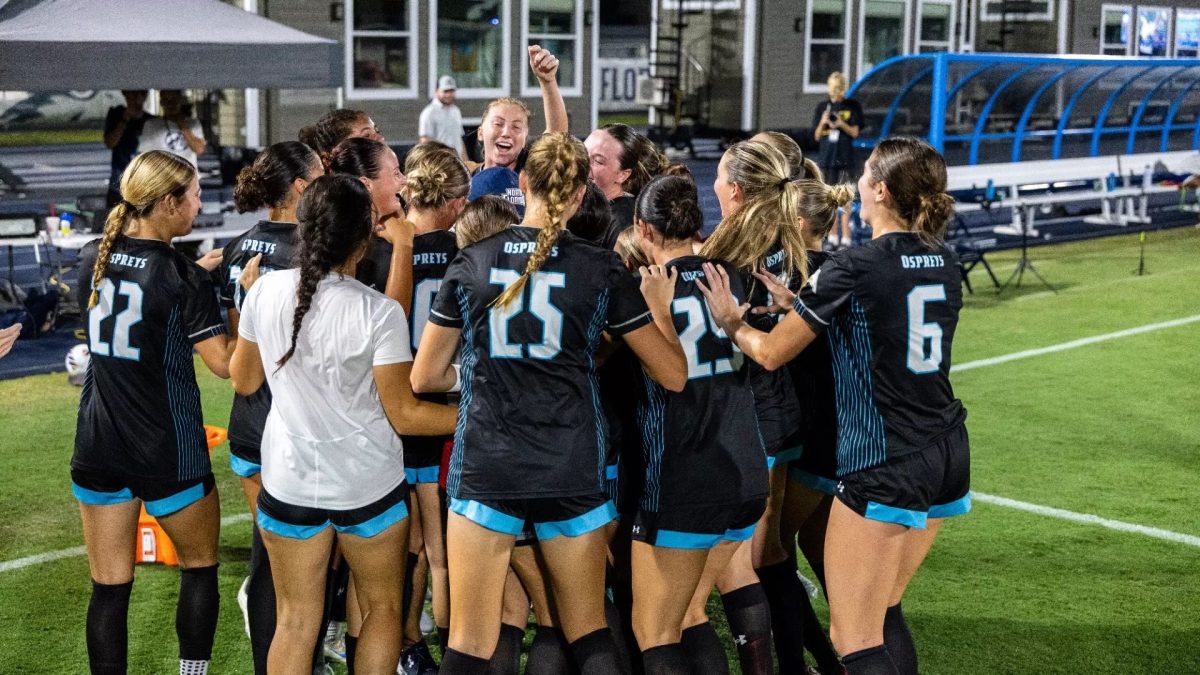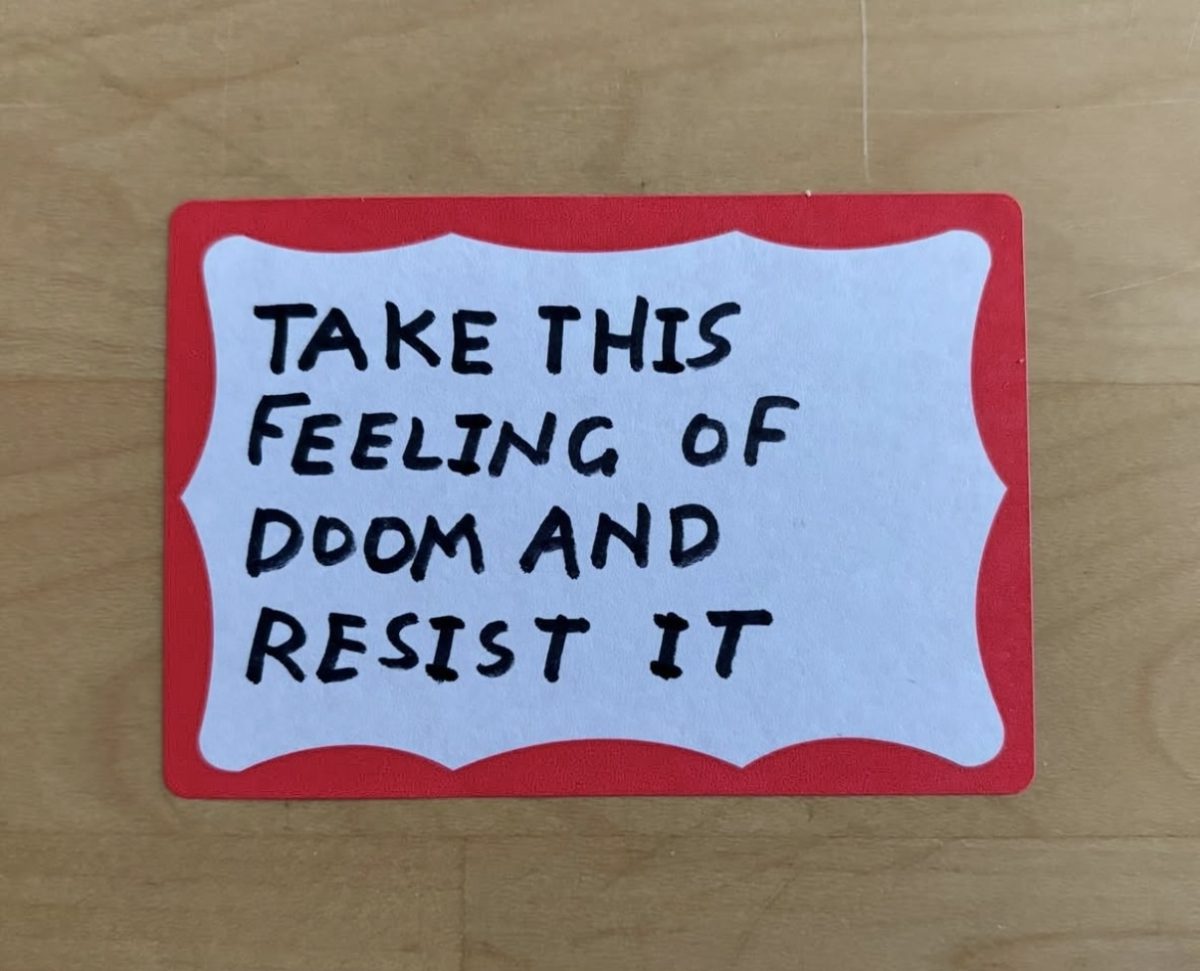Efforts that promote diversity, equity, and inclusion (DEI) are under attack both here in Florida and in other conservative states by those who wish to keep hidden a long national history of racism, white privilege, structural inequalities, and homophobia.
Increasingly right-wing state legislators and state governors seek both to censor discussions of these issues in schools and to outlaw well-meaning and largely successful efforts to expand opportunities for those who have been historically disenfranchised. As citizens and as members of an educational community that stands for truth, freedom of speech, and academic honesty, it is not just our right to protest these injustices, it is our duty.
As Desmond Tutu said, “If you are neutral in situations of injustice, you have chosen the side of the oppressor.” It is thus good to see college students, professors, K-12 teachers, and parents taking to the streets and to social media to voice their objections to laws that a federal judge called “positively dystopian.” This is as it should be.
As we engage in protest—as we push back against hegemony in action—I think it is prudent to remember that protest itself can and should take different forms in different contexts. The manner in which we push back against injustices cannot be monolithic; rather, effectively fighting hegemony requires different entities coming at it from different angles (that is, after all, how hegemony gains its power).
Public marches with powerful slogans have their place; they publicize injustices and they motivate people to take action. At the same time, advocating for change in highly politicized environments also requires nuance. In our university context, this means that we must trust that others in our community—specifically our university leaders—are doing as much as they can even when those efforts may not be easily visible.
I say this because in recent weeks some student groups and faculty members have called on our president to push back against recent and potential legislation as they might—i.e., demanding that he publicly denounce Tallahassee and promise that UNF would not adhere to any hypothetical new laws legislators and the governor might enact. Asking this of the president is unrealistic, counterproductive and it creates unnecessary divisions within our own ranks.
In our case, President Limayem (a minority with a long public record of advocating for the success of all students) can do no good for our university if he is removed from office, as would certainly be the case were he to publicly take on Tallahassee. New College should serve as an example here.
Moreover, UNF could suffer irreparable damage were the president to engage in a public battle with lawmakers. This could include, among other potentialities, the loss of tens of millions of dollars in much-needed funding and unwelcome changes to our Board of Trustees.
The president’s job is to have a deep understanding of our university and our statewide contexts and to use this information and his discretion to confront new challenges. This includes being transparent about what is taking place. It includes seeking new monies to help us become more stable (money is power). It includes being proactive rather than reactive. It does not, however, include efforts in futility.
I am deeply fearful about the direction our state is taking toward hegemony via censorship and attacks on diversity, equity, and inclusion. I believe we must push back. We must do so, however, in ways that match our respective strengths and our relative positions within the system.
John White is a University of North Florida professor, former faculty association president and former Board of Trustees member.
Readers are encouraged to submit a Letter to the Editor for publication with Spinnaker. Spinnaker does not endorse any of the contents of a Letter to the Editor.
___
For more information or news tips, or if you see an error in this story or have any compliments or concerns, contact editor@unfspinnaker.com.















